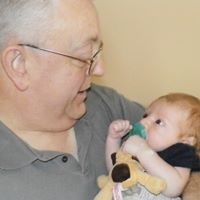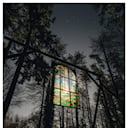Which word in English was considered vulgar for some time?
Pantaloons became popular during the Restoration in England. Fashions changed over the years, but pantaloons continued to be the word used to refer to various types of trousers. Americans clipped the term to pants in the early 19th century, and that shorter word became a standard term for the garment, serving also as the basis for new formations denoting new garments, such as underpants and panties.
Harmless enough to our ears, the shortened form pants alone was considered vulgar by some language commentators for quite some time, including Ambrose Bierce, who wrote the following in his 1909 book Write It Right about pants for trousers: "Abbreviated from pantaloons, which are no longer worn. Vulgar exceedingly."
We don't know that the "vulgar exceedingly" characterization had anything to do with another use of pants or not, but in the late 19th and early 20th centuries, pants appeared in an insulting assertion about a person's name: to say that someone's name was pants meant to say that you didn't like or trust that person, much like in the still-used expression "your name is mud."
And in the 20th century, the word began to appear in the phrase "with one's pants down," meaning "in an embarrassing position (as of being unprepared to act)."
More Info:
www.merriam-webster.com







